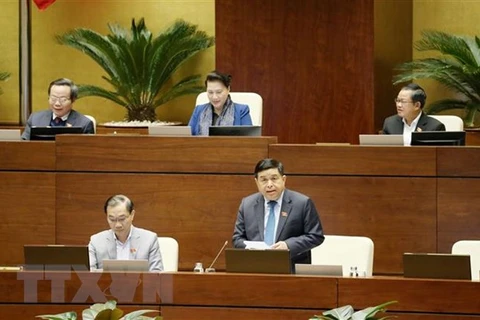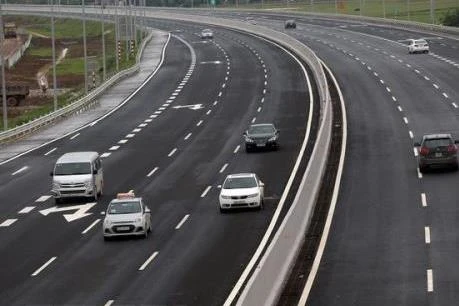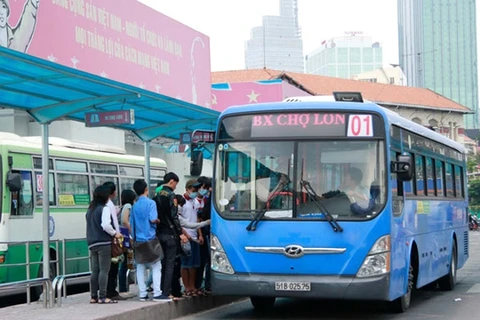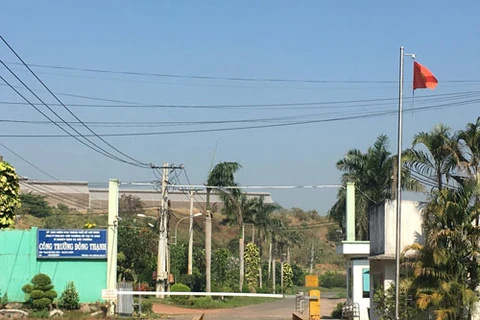Hanoi (VNA) – The Ministry of Finance and the World Bank co-held a seminar in Hanoi on January 15 to discuss the public-private partnership (PPP), international practices and the related bill.
A bill on the PPP is being crafted by the Ministry of Investment and Planning to submit to the National Assembly for review, Deputy Minister of Finance Tran Xuan Ha spoke at the seminar.
Regarding financial and budget issues, the draft law does not only touch on matters like compensation, land clearance, residential relocation, and capital contributions for financing construction, which have been already regulated in Decree No.63/2018/ND-CP, but also stipulates revenue-sharing mechanisms.
Ousmane Dione, WB Vietnam Country Director, highlighted six key principles that make a good PPP law, saying it must promote cooperation and demonstrate how risk sharing via revenue sharing should work. The law must also encourage more investment from the private sector through proper support, both financial and non-financial, provided by the government, he said.
The document must emphasise transparency and competitiveness, he continued, adding effective cooperation with the government is key to success.
It was quite challenging for Vietnam to call for private investment to major infrastructure projects, so the State budget has to allocate around 5.7 percent of the GDP for such projects, the highest rate in Southeast Asia, Lynn Tho from Ernst and Young said.
Therefore, Vietnam must seek ways to attract private investors so as to narrow the infrastructure gap with other countries, she noted.
The Vietnamese economy is not big enough to raise adequate accumulated public capital for infrastructure development; so injecting large investments in this area may affect the country’s capacity to ensure a macro-economic balance and the economic growth, she explained, adding large State funding for infrastructure also places a burden on public debt.
PPP is taken as an effective solution to develop infrastructure in education and vocational training, culture and sports in the face of the limited State budget./.
VNA
























